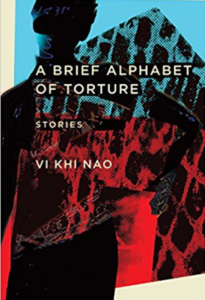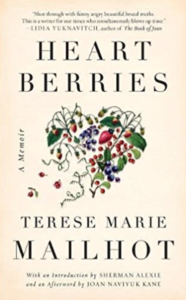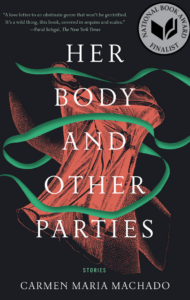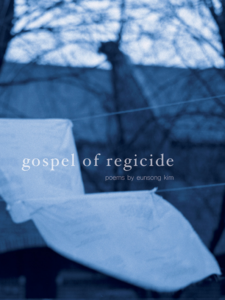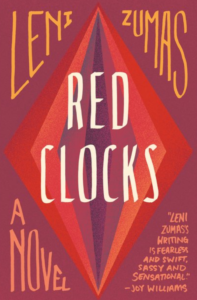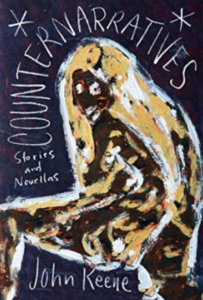 “In Counternarratives, John Keene undertakes a kind of literary counterarchaeology, a series of fictions that challenge our notion of what constitutes “real” or “accurate” history. His writing is at turns playful and erudite, lyric and coldly diagnostic, but always completely absorbing. Counternarratives could easily be compared to Borges or Bolaño, Calvino or Kiš.”-Jess Row; “Keene’s story collection is truly radical—in its politics, in its stylistic restlessness, in its rethinking of the myths we tell ourselves about race and sexuality in the history of the Americas”-Anthony Domestico
“In Counternarratives, John Keene undertakes a kind of literary counterarchaeology, a series of fictions that challenge our notion of what constitutes “real” or “accurate” history. His writing is at turns playful and erudite, lyric and coldly diagnostic, but always completely absorbing. Counternarratives could easily be compared to Borges or Bolaño, Calvino or Kiš.”-Jess Row; “Keene’s story collection is truly radical—in its politics, in its stylistic restlessness, in its rethinking of the myths we tell ourselves about race and sexuality in the history of the Americas”-Anthony Domestico
Podcast: Play in new window | Download
Subscribe: Apple Podcasts | Android | Google Podcasts | RSS | More

